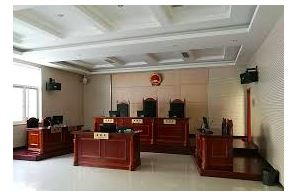In the name of social stability, judges make it tough for wives to end bad marriages
According to the letter of the law, a Chinese family court should be a safe haven for Wang Fumei (not her real name), a 36-year-old battered wife and mother of two. In-store security cameras were rolling when her husband, a heavy-drinking gambler, came to the shop where she worked in southern China, and beat her without pity. The tape is now with the police. It gives Ms Wang grounds to invoke a law against domestic violence that took effect in 2016, allowing judges to punish abusive partners.
If called as witnesses, the couple’s children would have little reason to defend their father. The 16-year-old son is a migrant labourer—his father refused to pay for vocational training that might have helped the boy into better work. The ten-year-old daughter is scared to hear her father’s name. Though safe in her mother’s home village, she cannot start middle school this September unless her father hands over the family’s household-registration book, or hukou, which is needed to enroll her. Even a screenshot would do, the school principal says. Alas, Ms Wang’s mother-in-law has told her grand-daughter by telephone: “Your schooling is not our business.” On paper, there are other reasons to trust in the law. Ms Wang’s meagre income should qualify her for legal aid from the state. The country’s supreme court has repeatedly told judges to pay more heed to equality for women.




